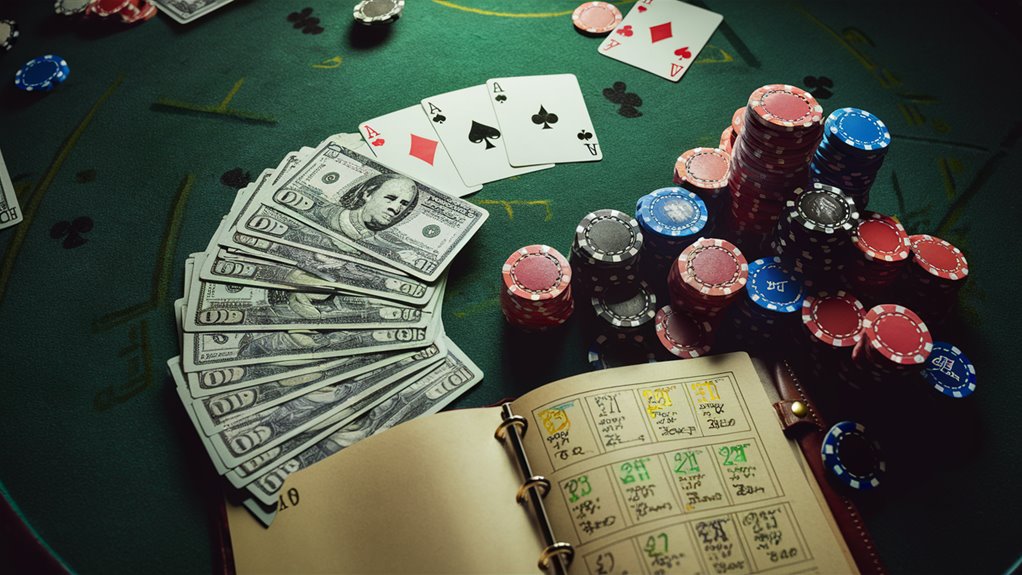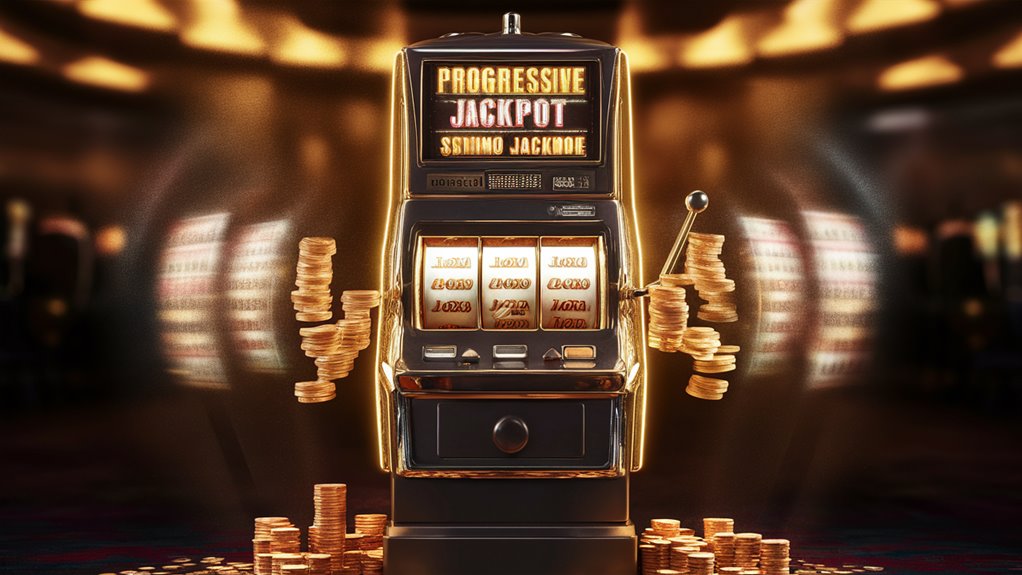Simple Truths About Blackjack: How to Win

Casino Edge and Player Moves
The big lies about blackjack play are thinking that luck, “hot” runs, or reading the dealer will help you win. These ideas can make you lose more often. Real winning comes from using hard math and tried tactics.
Smart Math Ways to Win
The basic plan cuts the house edge down to about 0.5%, and it’s key to good play. Keeping your bets to 1-2% of your pot per hand helps keep your money safe while giving you a shot to win more.
What Card Counting Is
Counting cards well can give you an edge of 0.5-1.5% if done right. It’s a myth that you need a perfect memory—it’s more about tracking card groups in the deck.
Steering Clear of Errors
Gambling systems and other odd ideas often cause losses. Instead, pay attention to:
- Smart math calls
- Sticking to the plan
- Careful bet sizes
- Long play odds
Doing well in blackjack means using real stats and avoiding fake, harmful tactics that mess with many players’ strategies.
Blackjack Lies You Should Know
Busting Common Blackjack Strategies
Myth #1: Dealer’s Hidden Card Guess
Many think you should always guess the dealer’s hidden card is a ten, which is wrong.
While ten-value cards (tens and face cards) make up almost 31% of the deck, guessing just on this fact leads to poor moves.
Basic plan, made from solid math, guides better choices to up your chances.
Myth #2: Card Counting is Not Allowed
Counting cards in your head is legal almost everywhere. This technique uses card flow tracking without help from gadgets.
Yet, casinos can stop serving suspected card counters, which makes using this skill hard in real games. Knowing what’s legal and each casino’s rules is key for players.
Myth #3: Insurance is a Good Safe Move
Taking insurance bets in blackjack leads to bad losses often. With a high house edge of 7.4%, it tends to favor the house.
This side bet only works out maths-wise when a deck has lots of high cards, which you can only know through deep card counting. Normal players should skip insurance to keep their money safer and hold onto a better likely outcome.
The Real Deal on Card Counting
All About Card Counting: Full Guide

Basics You Should Know
Card counting is a math-based skillful move needing time, practice, and sharp execution.
Instead of remembering each card, this method focuses on the mix of high to low cards left in the deck using a balanced count system Twisting Tiny Rival
What’s OK and How Casinos React
Counting cards is okay by law, but casinos don’t like it. Players just follow the visible flow of the game.
The most used method is the Hi-Lo count system, which puts values like:
- Low cards (2-6): +1
- Neutral cards (7-9): 0
- High cards (10-Ace): -1
Getting Better and Placing Bets
To count cards well, you’ll need a few key skills:
- Keep accurate counts while looking normal
- Work out true counts from how many decks are left
- Change bets based on count levels
- Manage your money smartly for lasting success
What You Might Gain
When done right, card counting gives a small edge of 0.5% to 1.5%.
Mistaken ideas about needing perfect-memory or sure wins twist the truth—success leans on sharp math tracking and knowing your money limits in a game full of chances.
Basic Plan Still Rocks
Basic Plan: The Heart of Good Blackjack
Why It’s Still Key
Stats show that basic strategy stays critical for winning, card counting or not.
The laid-out decision chart carries about 97% of all moves, even when counts are high.
Main Points in Basic Strategy
The core blackjack plan looks at your total hand value versus the dealer’s up card, giving the best moves for every situation.
Card counting tweaks just some of these moves, like:
- Insurance choices
- When to give up
- Certain times to split
- 이 사이트에서 자세히 보기
The Math Holds Up
Basic plans keep the house edge at 0.5% if you follow normal game rules, making it a must for casual or pro players.
Core moves like hitting, staying, and doubling aid in maintaining advantage.


